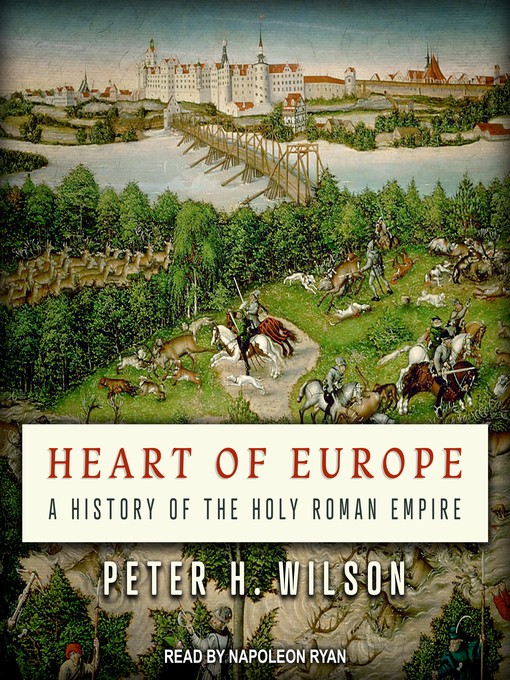

Despite this and other peculiarities of the book I did quite enjoy it, particularly for the greater perspective on European history it engenders. Narrative elements are subordinate to this examination of facts which can, at times, become quite tedious for the casual listener. The book has a classical structure where a premise or point of conjecture is examined in detail that doesn’t always lend itself well to an audiobook. While it gradually lost the flexibility to cope with political, economic, and social changes, the empire was far from being in crisis until the onslaught of the French revolutionary wars.Īn extremely detailed appraisal of the Empire

Though the title of Holy Roman Emperor retained prestige, rising states such as Austria and Prussia wielded power in a way the empire could not. The source of its continuity and legitimacy was the ideal of a unified Christian civilization, but this did not prevent emperors from clashing with the pope over supremacy. Yet the empire remained abstract, with no fixed capital and no common language or culture. By the mid-tenth century, its core rested in the German kingdom, and ultimately its territory stretched from France and Denmark to Italy and Poland. Heart of Europe traces the empire from its origins within Charlemagne's kingdom in 800 to its demise in 1806. Wilson shows, the Holy Roman Empire tells a millennial story of Europe better than the histories of individual nation-states. Voltaire quipped that it was neither holy, Roman, nor an empire. Yet this formidable dominion never inspired the awe of its predecessor. The Holy Roman Empire lasted 1,000 years, far longer than ancient Rome.


 0 kommentar(er)
0 kommentar(er)
